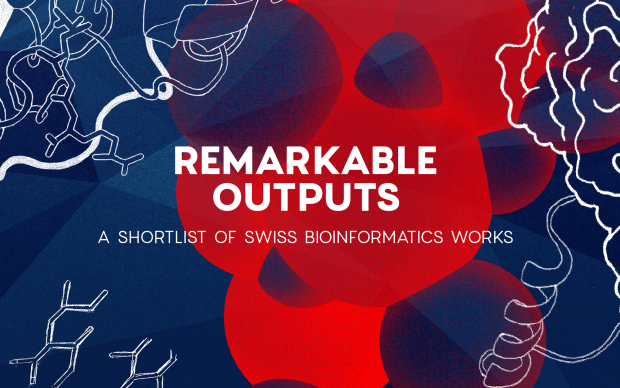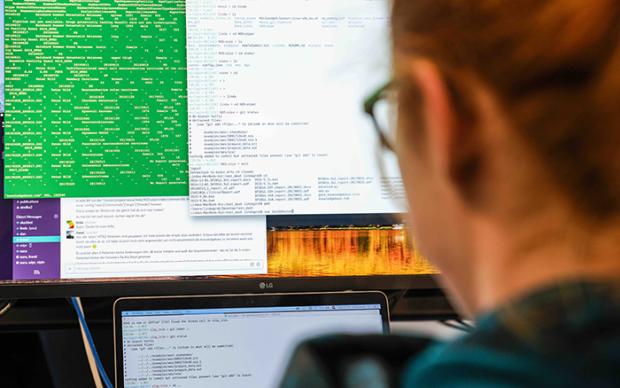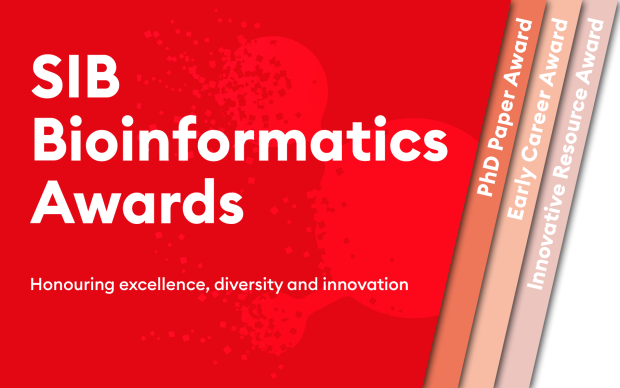Rajesh Ramaswamy – Laureate of the 2010 SIB Best Swiss Bioinformatics Graduate Paper Award
Rajesh Ramaswamy received the award for his paper “A new class of highly efficient exact stochastic simulation algorithms for chemical reaction networks”, which was based on work he conducted as a Graduate Student in the team of former SIB Group Leader Ivo Sbalzarini (now at the Max Planck Institute in Dresden) at the ETH Zurich.
Today, Rajesh is working as “Healthcare Data Science Lead in North America” for EMD Serono, a biopharmaceutical concern of Merck KGaA with seat in Boston, U.S. One of his main tasks there, is the development of computational methods and algorithms for data-driven modelling. To discover other research projects Rajesh worked on, visit his Google Scholar page and read our interview.
About the SIB Bioinformatics Awards and our interview series “Meet the past SIB Awards Laureates”
Started in 2008 as an initiative to distinguish young bioinformaticians in Switzerland, the SIB Bioinformatics Awards have gone a long way since: from a single national award to three different prizes today, honouring 1) international early career bioinformaticians (SIB Early Career Bioinformatician Award), 2) excellency within the Swiss PhD community (SIB Best Swiss Bioinformatics Graduate Paper Award) and 3) innovative bioinformatics resources (SIB Bioinformatics Resource Innovation Award). Throughout the years, 21 awards have been presented, with nine laureates recognized for their outstanding early career, ten Graduate students for their excellent publication and two bioinformatics resources for their innovative aspect.
In 2019, the SIB Bioinformatics Awards will be presented for the 10th time, providing a great occasion to reach out to past laureates and ask them where they are now in their career: this interview is part of a series inviting you to meet past SIB Bioinformatics Awards laureates.
At which point of your career were you when you received the SIB Award? How did it feel? What was the key interest of your research at this time point?
I received the award in the middle of my PhD studies, 2 years before graduating. I remember feeling thrilled and encouraged to continue my line of work on developing efficient stochastic simulation algorithms for large chemical reaction networks. We had published a novel variation of the so-called “exact stochastic simulation algorithm (SSA)” to simulate biochemical reaction networks. Our variation called “partial propensity SSA” has significantly lower computational cost in comparison to other methods irrespective of the complexity of the reaction network, while remaining exact (read the paper for details). As an awardee, it was great to have the opportunity to present my work at the computational biology conference in Basel. Looking back, it is fair to say the award motivated me to put extra effort during a critical stage of my PhD studies.
What are your current research interests?
I am primarily interested in developing computational methods and algorithms for data-driven and hypothesis-driven modelling. Areas of focus are: (1) information processing in biochemical reaction networks, (2) automated data-driven solutions, (3) causal inference, and (4) active cell and tissue mechanics.
In your personal opinion, what is the single most fascinating discovery made possible by bioinformatics?
It is hard to think beyond the human genome project. It is going to be fascinating to see advances made during the human genome project play an important role in the future of precision and personalized medicine.
What do you like to do in your free time?
I like to do sports, primarily running, weight training and playing squash. I also very enjoy going to concerts, and frequent cool pubs to socialize with fellow patrons.
Any words for the future generation of bioinformaticians?
Think big, take risks, there is no limit to what any of us can achieve.


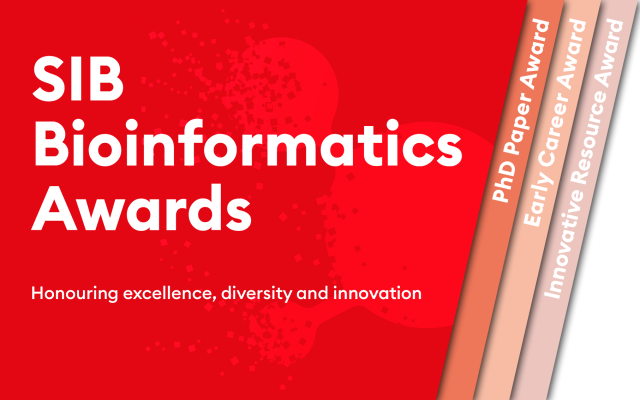
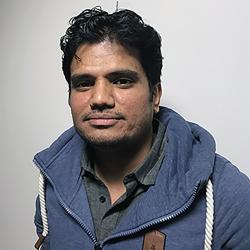
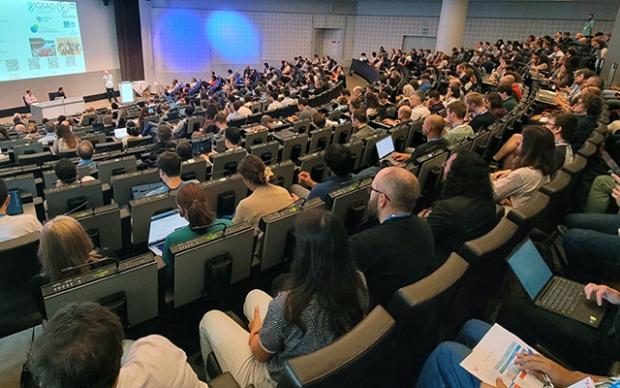
![Ilan Gold presenting at the [BC]2 Basel Computational Biology Conference](/sites/default/files/styles/card_image/public/2025-10/ilan-gold-banner.jpg?h=602a36b5&itok=YvC9BUMP)
![David Meyer presenting at the [BC]2 Basel Computational Biology Conference](/sites/default/files/styles/card_image/public/2025-10/david-meyer-banner.jpg?h=602a36b5&itok=JRGMwIRV)
![Michael Skinnider presenting at the [BC]2 Basel Computational Biology Conference](/sites/default/files/styles/card_image/public/2025-10/michael-skinnider-banner.jpg?h=602a36b5&itok=tmJobPUi)
